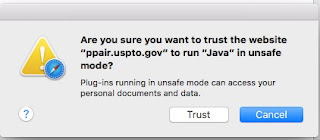
- Henry Park and Joseph J. DiDonato
 |
| https://www.timeanddate.com/time/change/switzerland/zurich |




 The Global Gaming Expo (G2E) 2016 conference in Las Vegas on September 27-29 provided a “window” into the current state of gaming and an understanding of the variations in appreciation of the future of gaming. Most particularly, it was obvious that an overwhelming number of gaming manufacturers companies have taken the position that improved graphics, modern themes and brighter lighting will provide the ability to attract new and additional patrons to gaming while others recognized the future requires a departure from the conventional games of the “brick and mortar” casino.
The Global Gaming Expo (G2E) 2016 conference in Las Vegas on September 27-29 provided a “window” into the current state of gaming and an understanding of the variations in appreciation of the future of gaming. Most particularly, it was obvious that an overwhelming number of gaming manufacturers companies have taken the position that improved graphics, modern themes and brighter lighting will provide the ability to attract new and additional patrons to gaming while others recognized the future requires a departure from the conventional games of the “brick and mortar” casino.





CPU - Java SE Critical Patch Updates contain fixes to security vulnerabilities and critical bug fixes. Oracle strongly recommends that all Java SE users upgrade to the latest CPU releases as they are made available.
PSU - Java SE Patch Set Updates contain all of fixes in the corresponding CPU, as well as additional non-critical fixes. Java PSU releases should only be used if you are being impacted by one of the additional bugs fixed in that version. The release notes call out the additional fixes available in Java SE PSU releases.[link]. Further, the subsequent CPU release will contain all of the additional bug fixes from the current PSU.